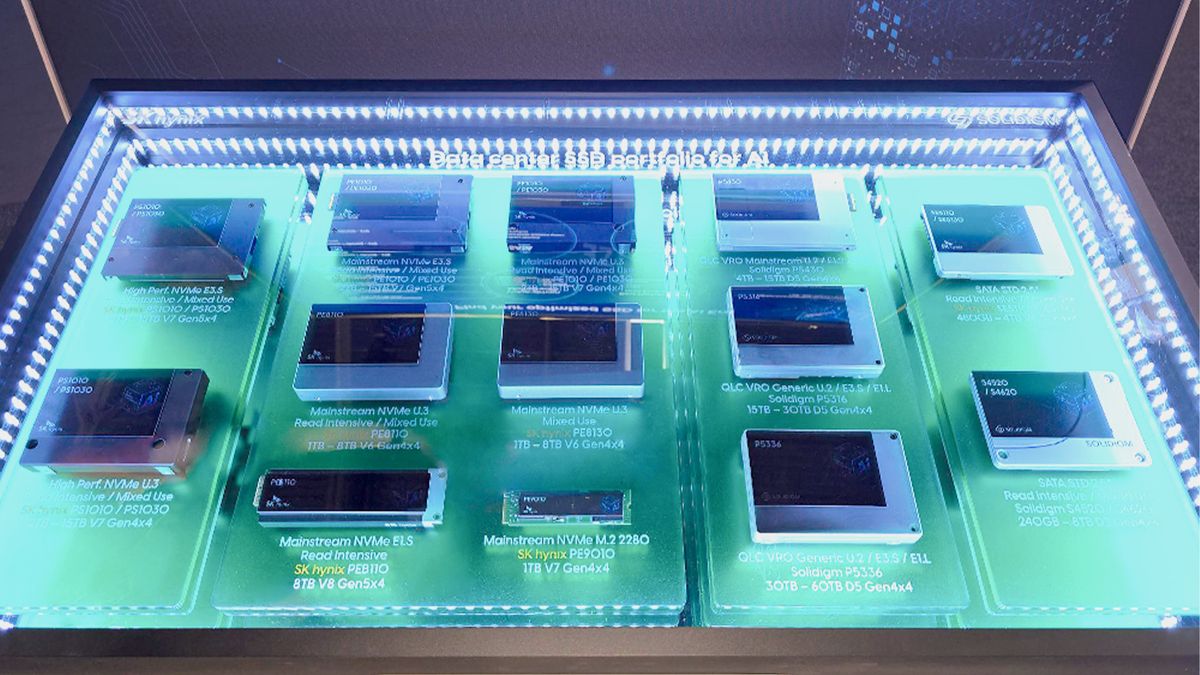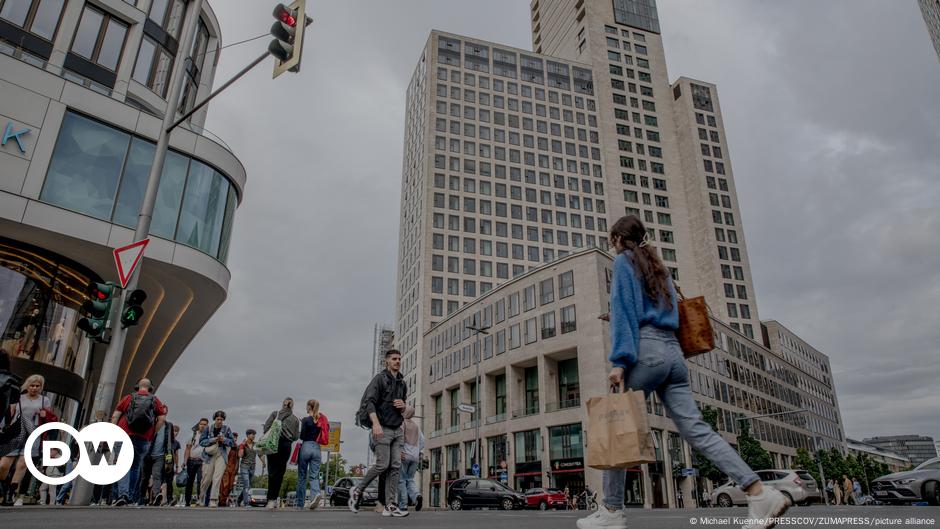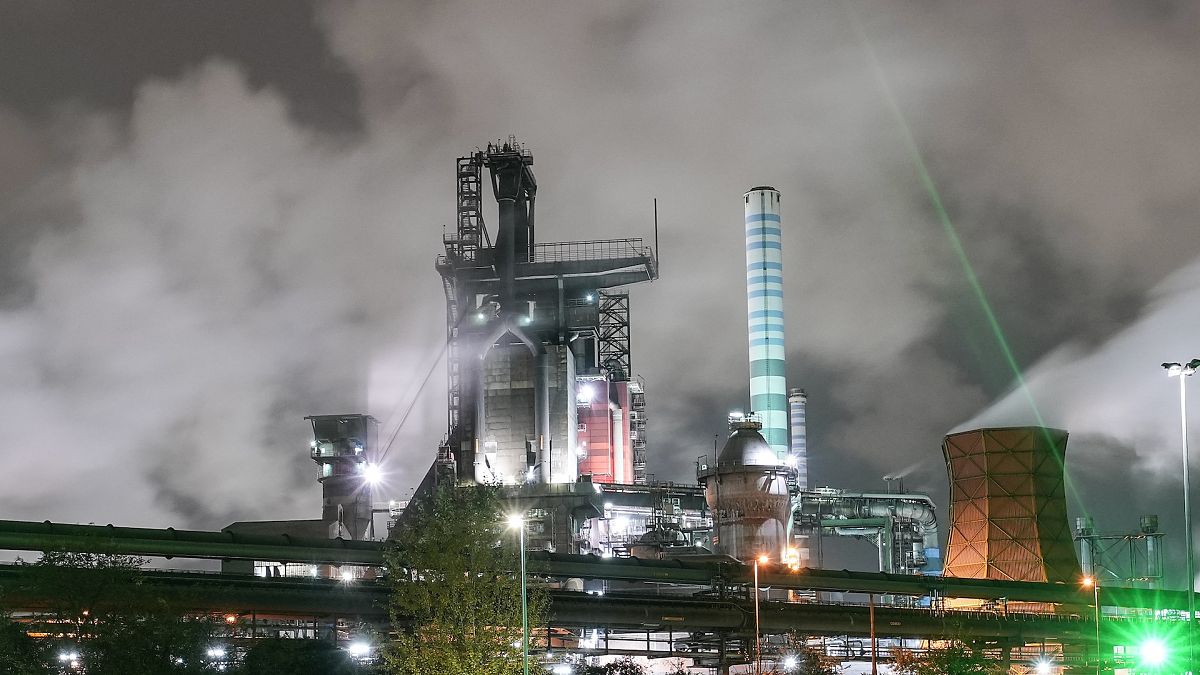Memory supplier SK hynix, which commands 35% of the DRAM market, plans to invest 103 trillion won, or $74.6 billion over the next three years to further strengthen its grip on the memory business, while focusing more on AI technologies. This investment is on top of the company’s $90 billion ‘mega fab complex’ currently under construction in Gyeonggi Province.
Aside from this massive amount, Reuters also reported that SK Group, SK hynix’s parent company, also aims to spend $58 billion on top of its $75 billion budget. It plans to use this for artificial intelligence and semiconductors, so it can “improve its competitiveness by focusing on its AI value chain.” SK Group also said that it will use part of that investment to fund shareholder returns and streamline the operations of its 175 subsidiaries.
The company made this announcement after a two-day strategy session with top executives from SK Group as well as senior members of its affiliates. According to a source familiar with the matter (via Reuters), the conglomerate is looking at different options, including mergers and divestments, although we don’t have information as of yet which affiliates will be affected.
An SK Group spokesperson said these changes are part of “routine management activity” to help the company respond to “a changing business environment, including geopolitical issues.” However, SK Group Chairman Chey Tae-won said in a statement that a “preemptive and fundamental change is necessary.”
SK hynix suffered its first loss in ten years in 2022, with its operations losing nearly $3 billion. Nevertheless, the AI boom has allowed the company to recover in 23Q4. This loss probably alarmed senior management, especially as the memory maker is the SK Group’s primary money maker.
It makes sense for the company to transition into the AI space, especially as other corporations like Nvidia are making big money with artificial intelligence. SK hynix has even jumped on the AI bandwagon with its first PCIe 5.0 SSD. It also teased a 300 TB SSD designed for data center and on-device AI applications.
These massive investments from the SK Group are likely a welcome development for Seoul, especially as it has unveiled a $19 billion support package to boost the local semiconductor industry. This investment comes online as the U.S. is pouring billions of dollars into its own chip development and production with the CHIPS Act, while China is also likewise investing in its chip industries with Big Fund III. SK Group’s pivot towards AI technologies should help its customers through the delivery of high-performance memory chips.











